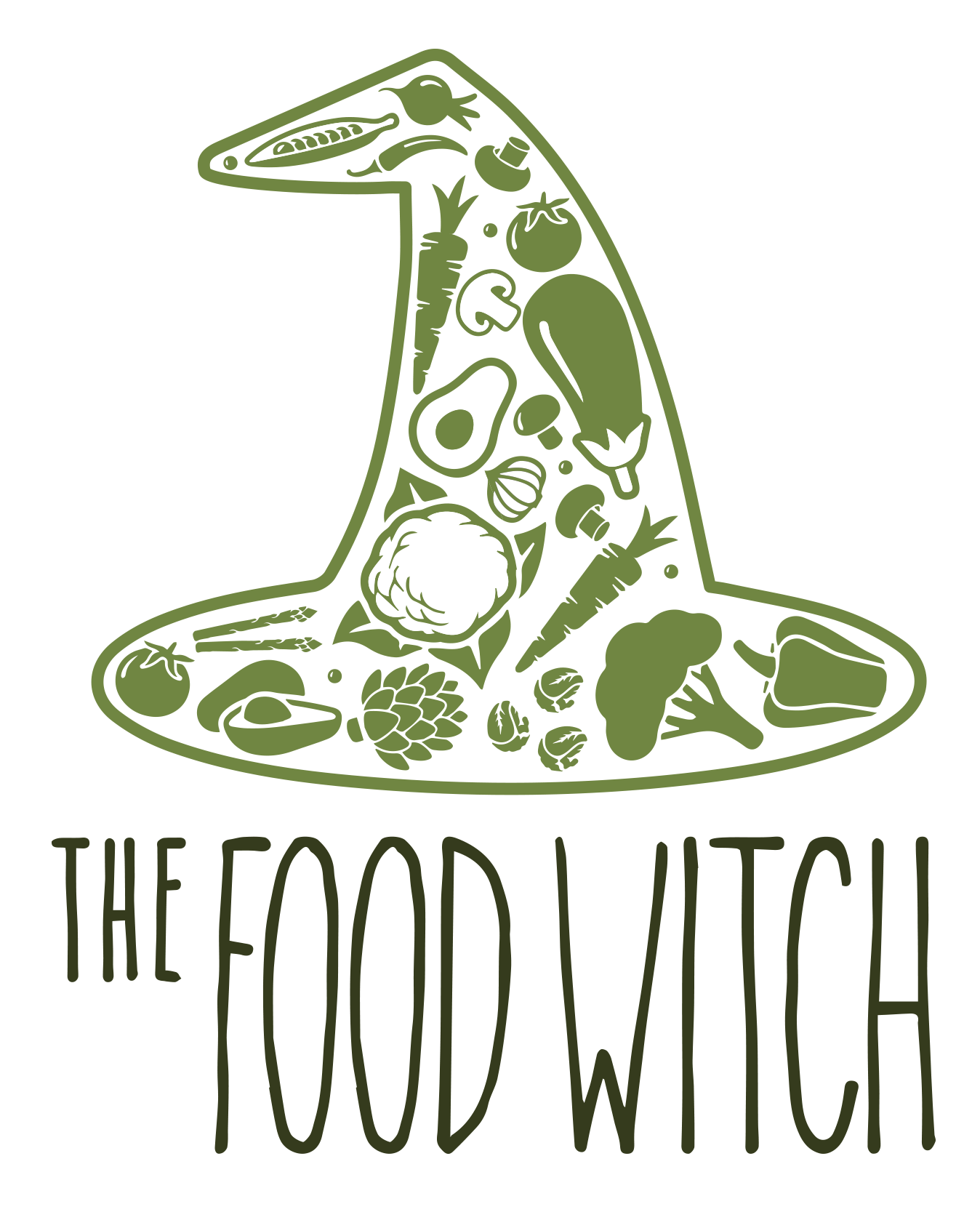Mindset
Week 1: Key Takeaways
This week we covered a number of things that can have a radical impact on how you see food, cooking and even yourself.
External forces quash our intuition and make us second-guess our gut-feelings all the time, in every aspect of life, including food and cooking:
'Should' mentalities
Comparison, judging ourselves or others
Perfectionism
Instead start to think about your experience using internal rather than external validation
Did I enjoy making it?
Did I enjoy eating it?
Did it nourish/satisfy me mind, body and/or soul?
We are conditioned to avoid uncertainty (due to the perception of risk), but all the good stuff lies out of our comfort zone!
We need to approach the unknown with excitement rather than fear, so that we can embrace it an access the good stuff (in this case mindful, intuitive cooking)
That means being willing to get out of your comfort zone
Becoming more intuitive takes time and requires making mistakes (and learning from them!) so you have to be OK with uncertainty and approach setbacks differently (and with gratitude for the opportunity to learn)
Your relationship with food is just that—a relationship
It’s also fundamental to your relationship with yourself, and can and should form a core part of your self care
Being present, engaged and mindful helps makes food part of self care because you get something more out of it, something spiritual even
Be kind to yourself and allow room to make mistakes and learn (just like you would in any other relationship)
It’s the combination of self-love/awareness, intuition and mindfulness that mean you can have a joyful relationship with cooking that suits you mind, body and soul
It’s a journey and being present and engaged in that journey is more important than fixating on a specific outcome
Week 1: Exercises
Journalling, Gratitude & Appreciation
If you journal: start to incorporate aspects of your relationship with food into your affirmations or into your gratitude practice
You’ll feel more connected to yourself and what you’re eating
You’ll start to do some reprogramming!
If not, consider starting with a gratitude practice! Just spend a few minutes each day connecting to things that you are grateful for or appreciative of (food/cooking related a bonus!) and jot them down in a notebook or journal
Remember feeling grateful/appreciative is more important than writing it down!
Start to cultivate your own connection to food, or reignite your existing one
Family or cultural traditions or favourites
Visualise and remember your favourite meals, dishes, ingredients, food experiences
Write them down to help you remember and connect
Make something from the list, maybe a nostalgic or family favourite
When you eat something you really enjoy, during the week, bank the experience, the ingredients, the things that you enjoyed
Can you identify the ingredients or textures or flavours you like or find out what they are
The simple act of consciously/mindfully noticing is massive - even just knowing what they are and forming an association between your experience and the ingredients themselves offers a more intuitive connection than ingredients and instructions on a page
Engage with your food more mindfully both with ingredients and eating: smell, taste, savour, notice your physical and emotional response
Before, during and after you cook/eat
What’s nice about it: thoughts, smells, tastes, sensations
How you feel physically, mentally, emotionally
Look at recipes differently - are there concepts or techniques you have used before? Are there similarities in ingredients or method with other things you have eaten or cooked?
Food as self care and self-love
Reframe your negative stories about food and cooking
I’m no good at cooking... becomes:
I’m still learning and do the best I can!
Everyone makes mistakes
I don’t know how to do X... becomes:
I’m excited to gain a new skill or ability
I don’t like/enjoy chopping/cooking/worrying about how it will turn out… becomes:
I’m finding a new way to engage mindfully with tasks and enjoy the journey rather than fixating on an outcome that is externally derived
I don’t have time to cook for myself… becomes:
I’m prioritising cooking for myself
Put food and cooking as a crucial and non-negotiable part of your mindfulness and self-care practice
Have fun: tunes, tea, your favourite foods
Take some time out, spend some time with or doing something nice for your loved ones, create new memories and connections
Chop, stir, peel mindfully!
Most importantly, know and remind yourself that
You deserve to enjoy cooking and it doesn’t need to be stressful
And it’s OK not to cook all the time (but it’s not OK to beat yourself up over it)
There’s no reason why you need a recipe to make something delicious
You deserve for everything that you eat to be satisfying/nourishing (in one or all respects), super tasty and something that you really want to eat


